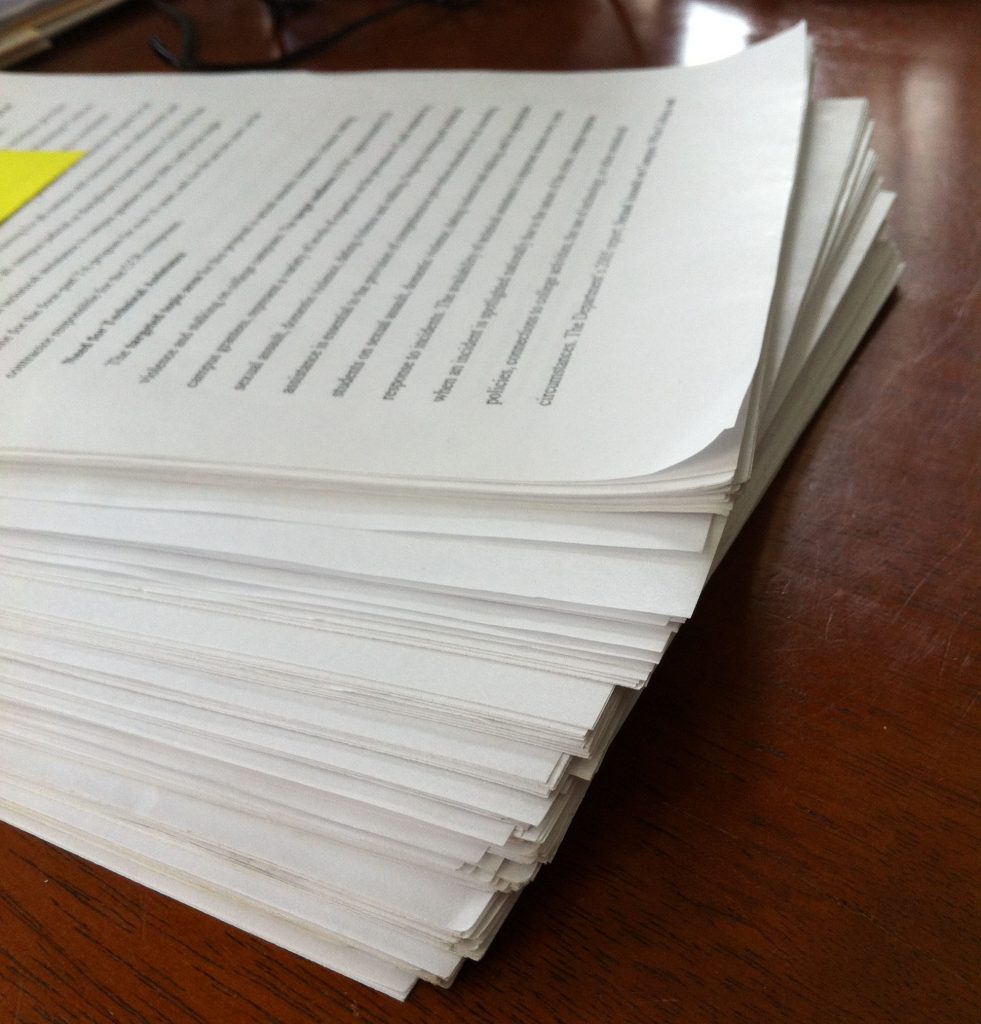

Now is the time to pull that manuscript out of the desk drawer and turn it into a best seller.
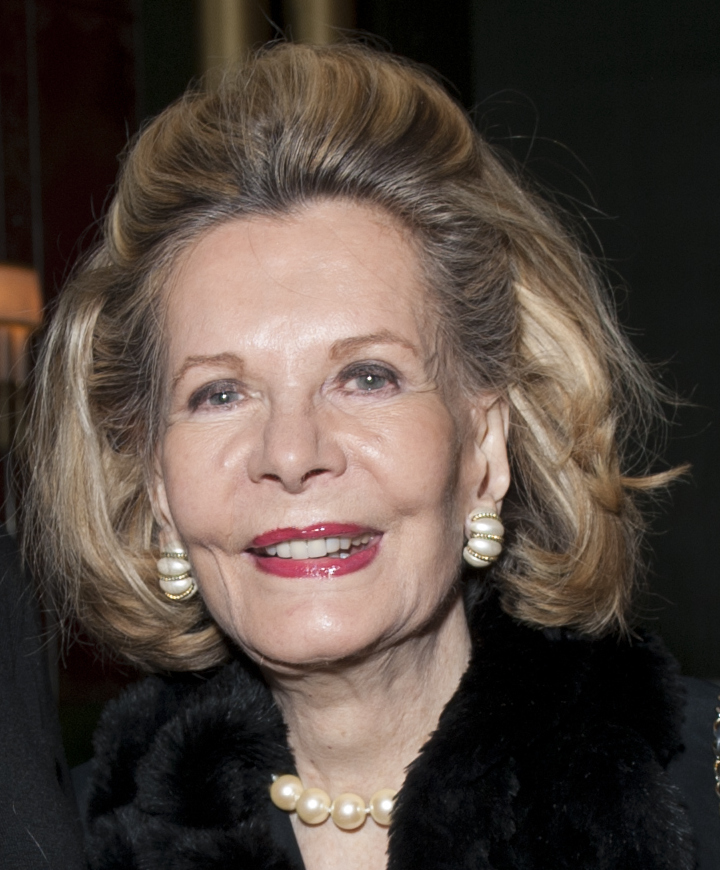
By Megan McKinney
Each of us has a not-quite-finished book stashed away, waiting to be published. However, the likelihood of sitting next to a publisher or an agent at a dinner party in the near future is rather remote, so what we have done is to find a book publishing expert who knows everything about this mysterious subject and can lead us step by step through the process. Her name is Virginia McCullough.
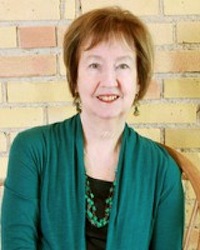
Virginia McCullough.
Virginia is a former Chicagoan and a long time friend of ours and perhaps of yours, someone with whom we can be on a first name basis. She built her writing business around co-authoring and ghostwriting books for professionals in many fields and anyone with a compelling story to tell. Over the years, she’s written more than 140 nonfiction books and novels. Her e-book (coauthored with Lynda McDaniel), Write Your Book Now!: An A to Z Guide to Unleashing Your Creativity, Writing Your Book Fast, and Finishing Strong, is a guide to writing productivity.
In addition to writing novels, Virginia currently offers productivity coaching, along with manuscript development and detailed critiques.

Is this a picture of you at a book signing a year from now? Well, maybe two years.
This is what Virginia says about productivity, “The biggest obstacle to writing that book you’ve always dreamed of is not weak motivation or not enough time; it’s the lack of a concrete plan to build writing into your life. This is the reason books spend years—decades—on yearly goal lists. This has been one of the most important things I’ve learned about writing and the desire to write a book. I’ve found that people I coach and workshop attendees pay a huge price for not writing the book they’ve thought about for a long time.
“But really, the emotional price is enormous. When people say, ‘This is the year I will write my book,’ or ‘I will write novels…soon,’ this creates a constant nagging voice. It’s always with them. These determined statements provide a temporary reprieve, and yet these individuals keep putting it off and off and off. It’s another New Year’s resolution or goal every year, but then doesn’t happen—again. I’ve had those I was coaching say this is a 10 on a priority scale 1-10, but they don’t do it. And they pay the emotional cost of not writing. They walk around feeling like they’ve let themselves down and they’re always aware of an internal unfulfilled longing. So, my take on it is: It costs a lot not to write your book.
“The trick is for people to build writing into their lives one way or the other. And there are lots of ways to do that. The whole messy issue of revision/edits/publishing can come later. No writer feels inspired every day, but they sit down and do it anyway.”

This is what productivity looks like.
“I have one other thing that I tell people as a coach,” Virginia continues, “usually novelists who can’t get going, so to speak. I say, almost verbatim: If you finish a complete first draft of the book that’s been living in your head, you will be forever changed, your life will never be the same again. It sounds so dramatic, but I’ve seen it happen again and again. One my coaching clients never finished a manuscript in 20 years, but once she made it through the first complete draft, she broke a barrier and she’s on book eight right now! Even if they decide they don’t like the process and hate to write, they’ll be changed, too!”

According to Virginia, “A new world has opened up in publishing that’s essentially open to everyone. At its best, it bypasses the publishers who act as ‘gatekeepers,’ who have traditionally held the power to let some authors in and leave others out.”
This new world is independent publishing and in Virginia’s words, “it has dramatically changed the industry.” She considers professional speakers the pioneers of indie publishing, which used to be (and still is, to an extent) known as self-publishing. “Professional speakers,” she explains, “sold books directly to audiences at their presentations, and they realized they could make bigger profits publishing on their own. They preferred to make their own decisions about content, design, cover copy, and so on. Indie publishing is also much faster than traditional publishing. Speakers realized that readers don’t particularly care about who publishes a book.”

Virginia notes that as independent publishing expanded, a 21st century cottage industry to support it grew rapidly. And she ticks off the potential needs of authors publishing independently, as well as those who have responded by starting companies who handle production for them. There are cover and book designers, for example, and digital formatters to create e-books on all the retail platforms, printing contractors, audiobook production specialists, virtual assistants, social media managers, book promotion professionals, virtual book tour companies, and the list goes on. She adds that “Some indie authors do all this for themselves, but most hire others for at least some of the services.”
Virginia also points out that authors publishing traditionally need some of those same professionals in order to help with promotion. Although, she says some take all that on. “Traditional publishers vary in how much promotion they do, which is the way it’s always been—nothing has changed much there. Most authors now realize they must take on the job of promotion almost exclusively.”

The Book Cellar in Logan Square does great book signings, which are an effective way of promoting your book locally.
Then, according to Virginia, there is a third way to publish, hybrid publishing: “Hybrid publishing developed as a middle path between traditional publishing and the indie route where an author pays directly for production and the relationship ends with the finished book. Hybrid publishers are somewhat different in that they are publishing companies that charge for a package of services to edit and produce a book and then they pay the author a much higher per-book royalty than a traditional publisher. Some help with promotion, some not so much. There are online articles about how to choose one of these companies and there are lists of ‘top 10 hybrid publishers,’ and other resources.”

The Book Stall in Winnetka is another popular Chicago area bookstore that hosts book signings.
“Many authors have what’s known as a hybrid career,” she continues, “which is a mix of traditional and indie published books. For example, some well-known authors have bought back the rights to their back lists and have republished those titles under their own imprint. Others write books they care about, even if their usual publishers aren’t interested. They sell these books online, side-by-side with their traditional titles. In my opinion, a hybrid career is probably going to be the dominant career in the future.
“What’s true no matter how authors publish: The author will do the lion’s share of book promotion, especially after three, or four, months post-publication. Online promotion dominates, but people still enjoy meeting authors at bookstores and talks sponsored by community groups. Book clubs (primarily started and run by women) are another avenue.”
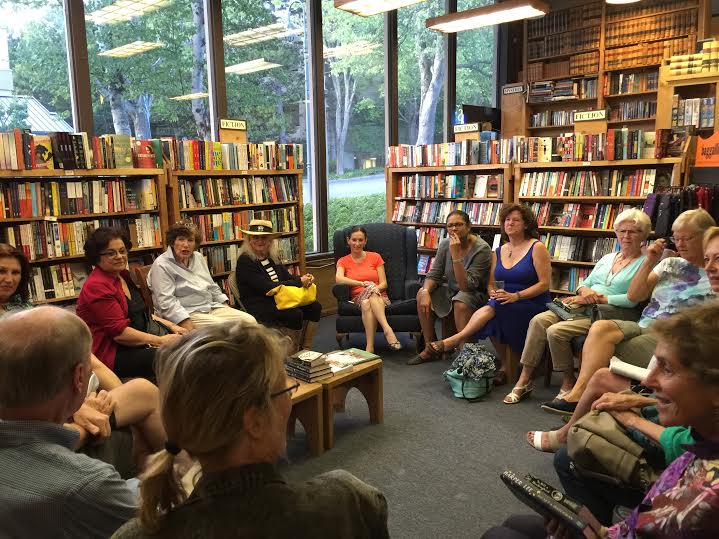
A book club.
The traditional marketplace for selling books has not disappeared. “Nonfiction books are still sold to publishers more or less the ‘old’ way,” says Virginia, “through a book proposal package and one or more sample chapters. First-time novelists generally need to produce an entire manuscript, but after that, they can sell on sample chapters and a proposal. (The exceptions might include writers who have published in prominent literary magazines and secure agents before they have a book to offer.) Authors can go to some publishers directly, and in other cases they still need an agent in order to submit a proposal.
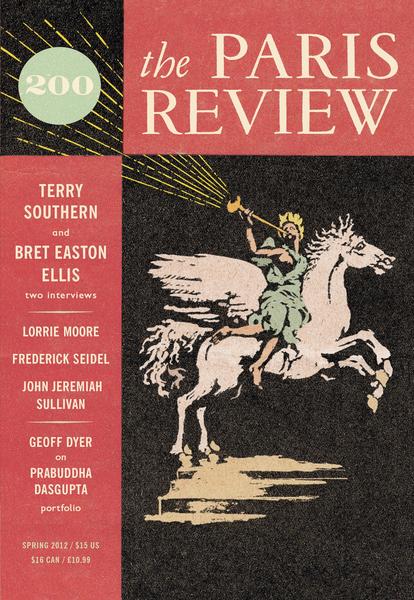
“What’s changed is the focus of the nonfiction book proposal. All proposals include the four primary sections: Essential information about the book’s content, why the book is needed now, why the author is the best person to write it, and the promotion plan. It usually also includes a chapter outline, which is narrative descriptions of the chapters, and some market analysis.”
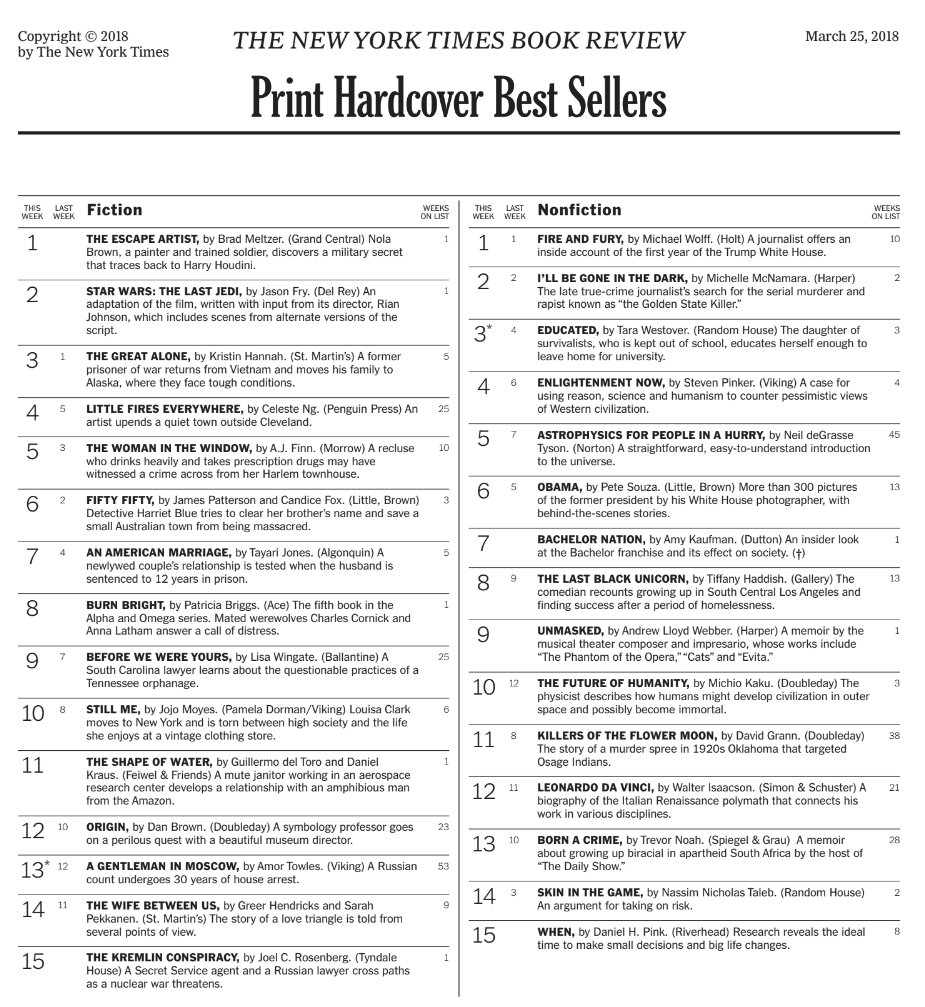
This is just the beginning. We realized in talking with Virginia that the basics of this subject easily consume more than one Classic Chicago article. We expect to follow up with Virginia soon with the whole area of the writing and selling of a novel. She will also discuss the subject of the memoir and the family history, which is especially important in the Chicago area where there are so many descendants of historic families.
Then there is the monumental subject of agents. As you may have learned, truly effective agents have all the business they can handle. But that has never stopped Virginia, who has tips for identifying agents who are not only superb but who are also specialists in the category of book you have written.
Virginia McCullough has made a business of advising would-be authors. If you feel you could benefit from her expertise, the best way to reach her is through her email: virginiaauthor47@gmail.com.
Although her website is currently undergoing a revamp, it continues to be usable: www.virginiamccullough.com.
Facebook: https://www.facebook.com/virginia.mccullough.7/
Edited by Amanda K. O’Brien
Author Photo: Robert F. Carl







